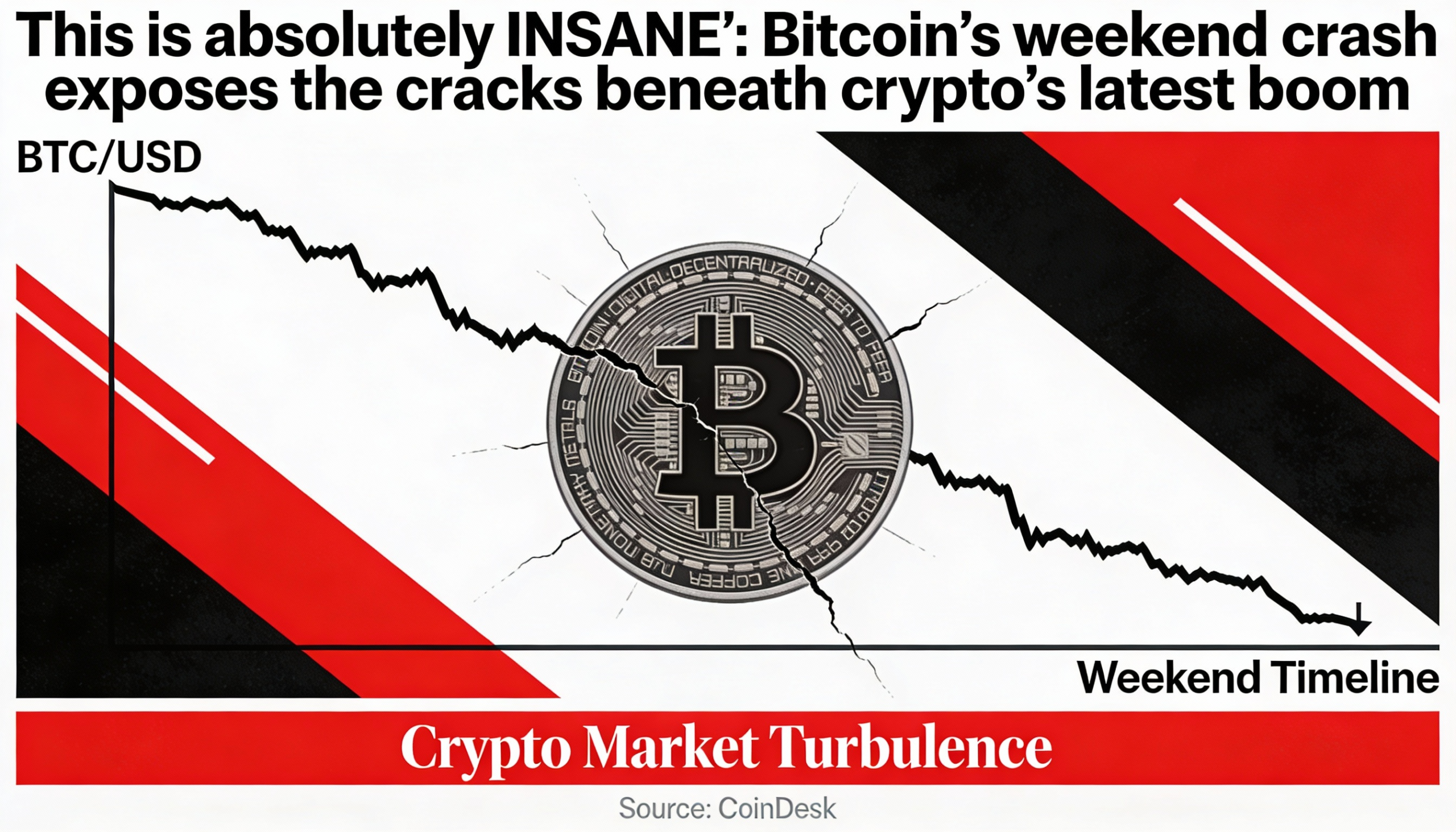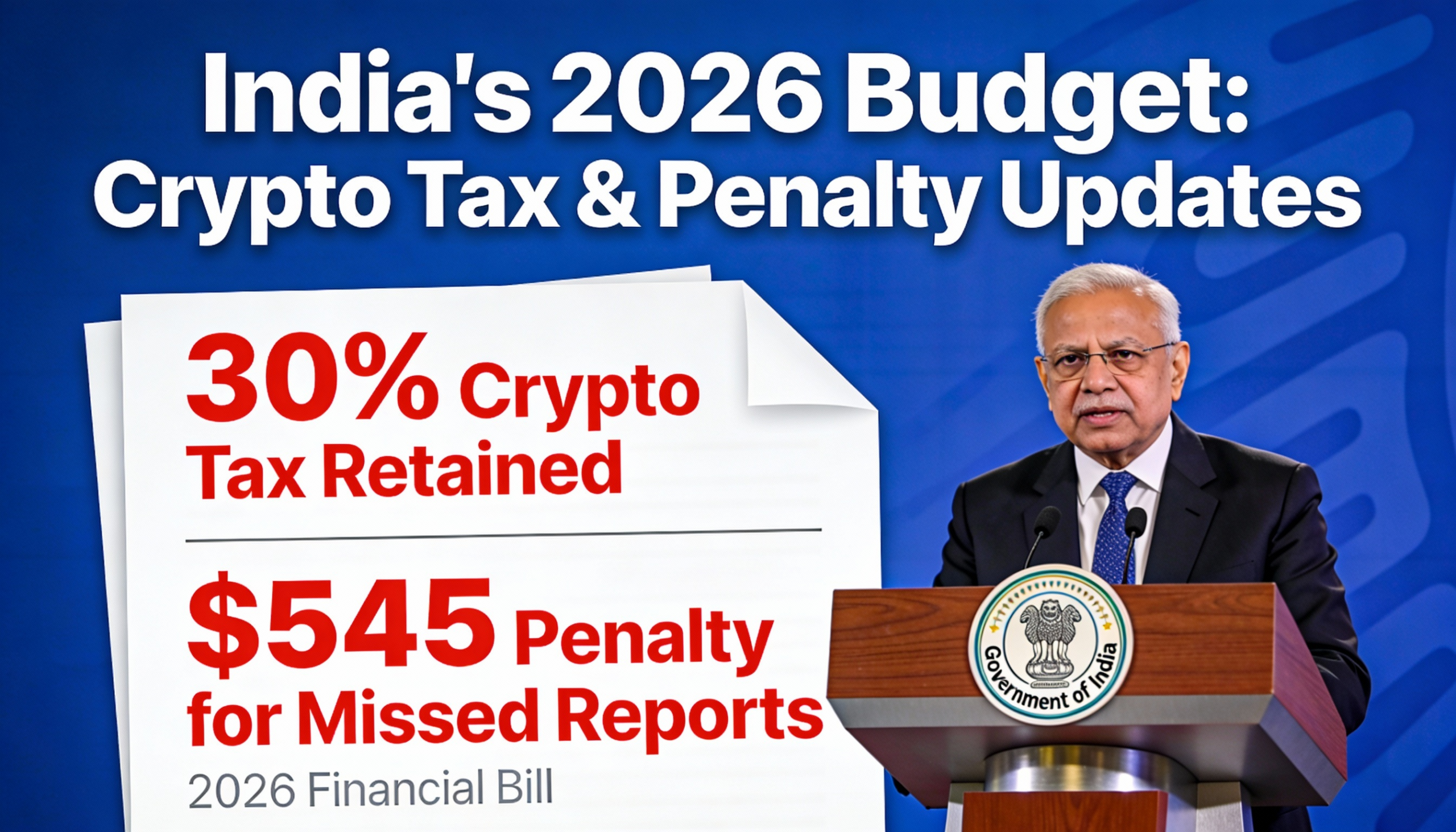
Canary Capital’s Strategic Crypto ETF Push Fueled by Political Shifts
Launched in October 2024, Canary Capital, founded by Steven McClurg, the former CEO of Valkyrie Investments, has rapidly made its mark in the crypto space with an aggressive strategy in the ETF market. Despite its relatively recent inception, the firm has already filed applications for multiple cryptocurrency ETFs, including those for Solana (SOL), XRP (XRP), Litecoin (LTC), and Hedera (HBAR). Notably, the Litecoin and Hedera ETF applications are the first of their kind, making Canary’s moves even more significant.
Although it may appear as though Canary Capital had meticulously planned its entrance into the crypto ETF market, McClurg revealed that the decision came about rather unexpectedly.
“We really had no idea that we would be getting back into the ETF game,” McClurg confessed.
McClurg’s experience in the financial sector is vast. He co-founded Valkyrie Investments, where he served as Chief Investment Officer, before CoinShares acquired the company in March 2024. After leaving CoinShares, McClurg established Canary Capital with the intention of creating a hedge fund, a plan he had been considering during his time at Valkyrie.
The decision to apply for crypto ETFs, however, was influenced by a political turning point. McClurg explained how an unexpected event shifted his thinking: “There was an assassination attempt on Trump, the markets rallied, and we started thinking—he could actually win. If he wins, it’s likely there will be changes in regulatory agencies, and that could pave the way for more crypto ETFs to be approved. So, we decided to file a few and see how it goes.”
Rather than targeting the already popular spot bitcoin and ethereum ETFs, Canary chose to focus on cryptocurrencies further down the market cap rankings that, in their analysis, were less likely to be classified as securities. This led to their decisions to apply for ETFs for LTC, HBAR, and XRP. The XRP filing was based on the anticipation that the token would be legally classified as a non-security—a prediction that turned out to be accurate when the court ruling came in.
Despite the firm’s proactive approach, none of Canary Capital’s ETF filings have been approved yet by the U.S. Securities and Exchange Commission (SEC). Earlier in 2024, Solana ETF filings were either denied or left unresolved under the prior SEC administration. However, after the new political shift, Cboe BZX Exchange refiled for Solana ETFs in hopes of getting approval from the new leadership. The SEC is required to respond to these filings within 45 days or, in the case of a delay, 240 days.
Additionally, Canary has submitted a 19b-4 filing for its Litecoin ETF, which is expected to get a response by February 29. However, no 19b-4 filings have yet been made for the XRP and HBAR ETFs, as these are preliminary steps toward formal approval. The SEC must be notified of proposed rule changes through the 19b-4 filing before these ETFs can move forward.
Reflecting on the strategy, McClurg summarized, “Oddly enough, it worked. We treated it like a call option on Trump winning the presidency.”
Looking ahead, McClurg noted that although Canary Capital does not currently plan to launch more ETFs, the firm remains open to the possibility of filing for additional crypto ETFs in the future as market conditions evolve.























